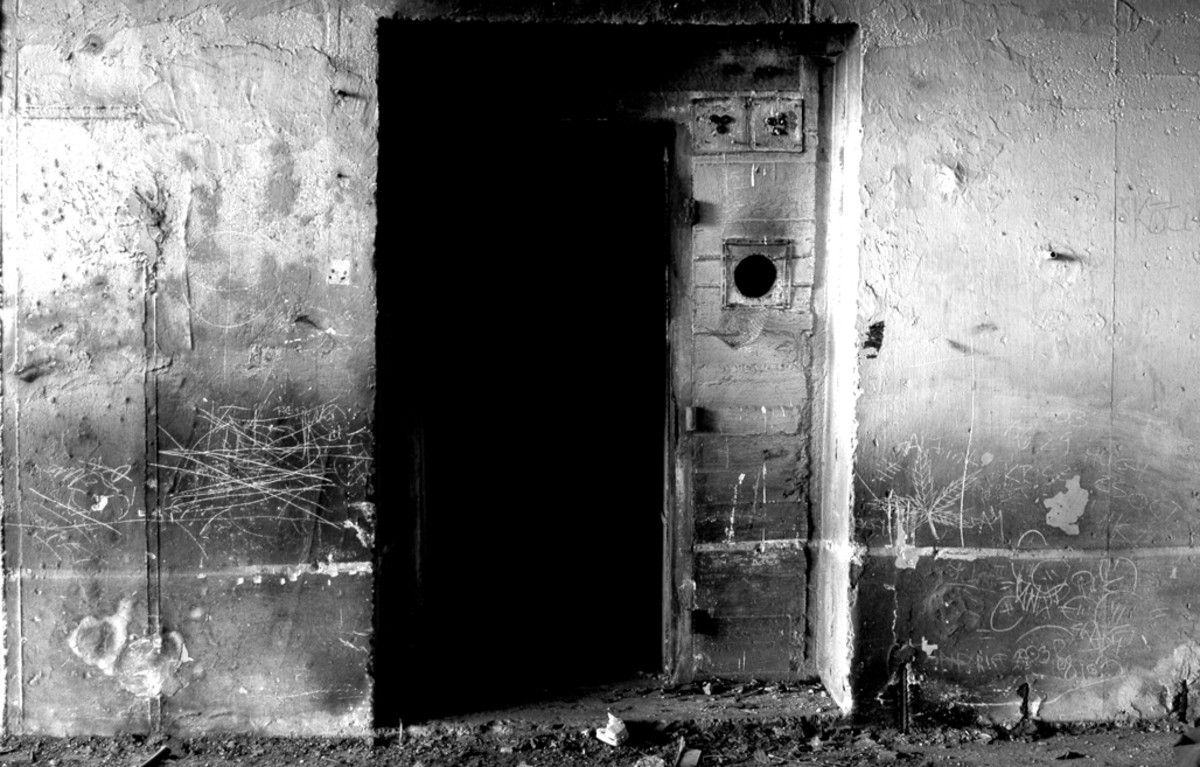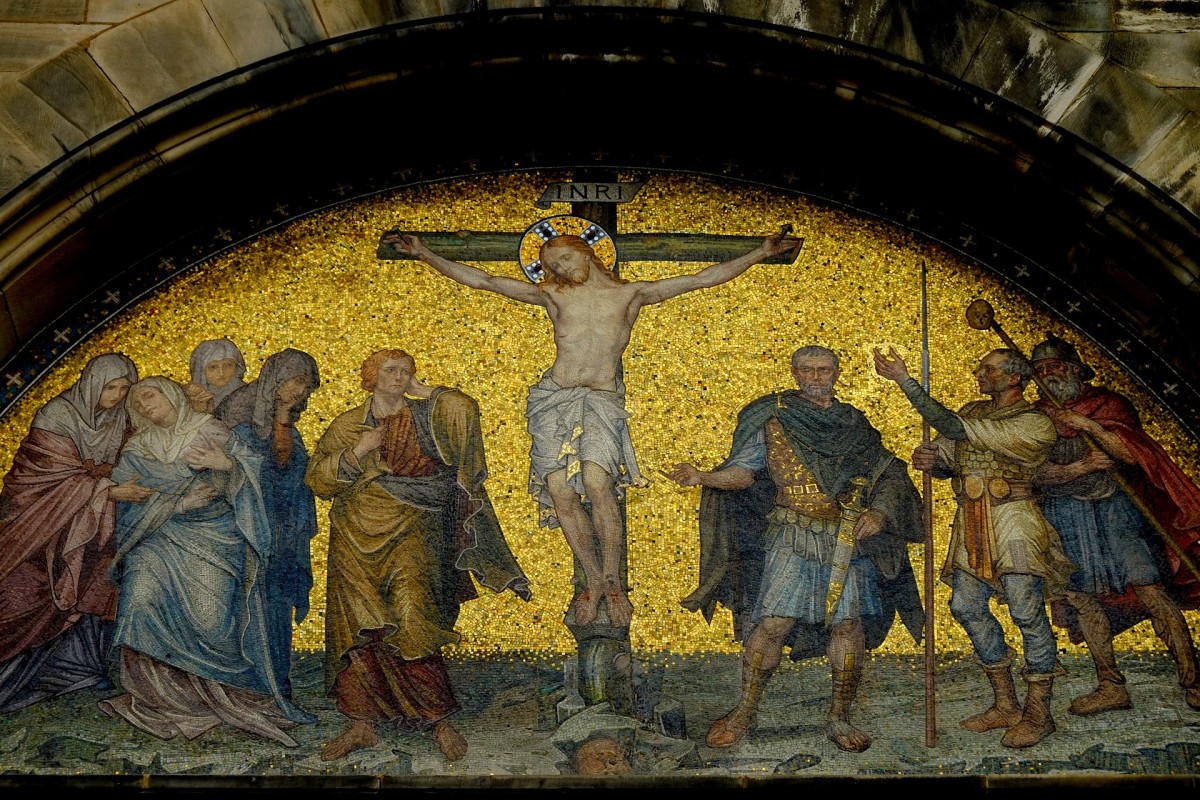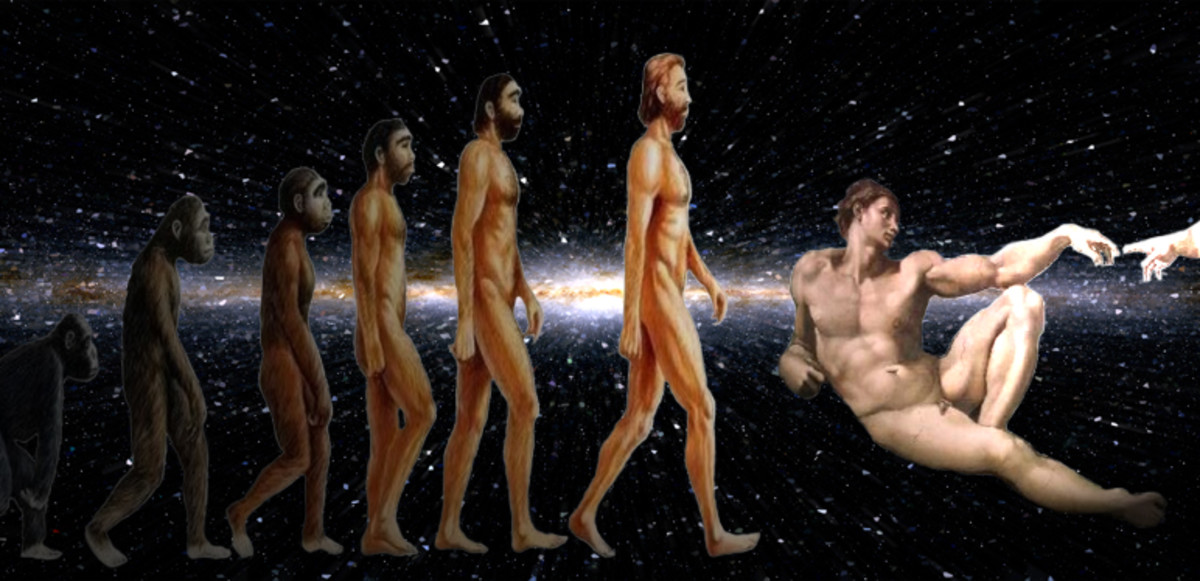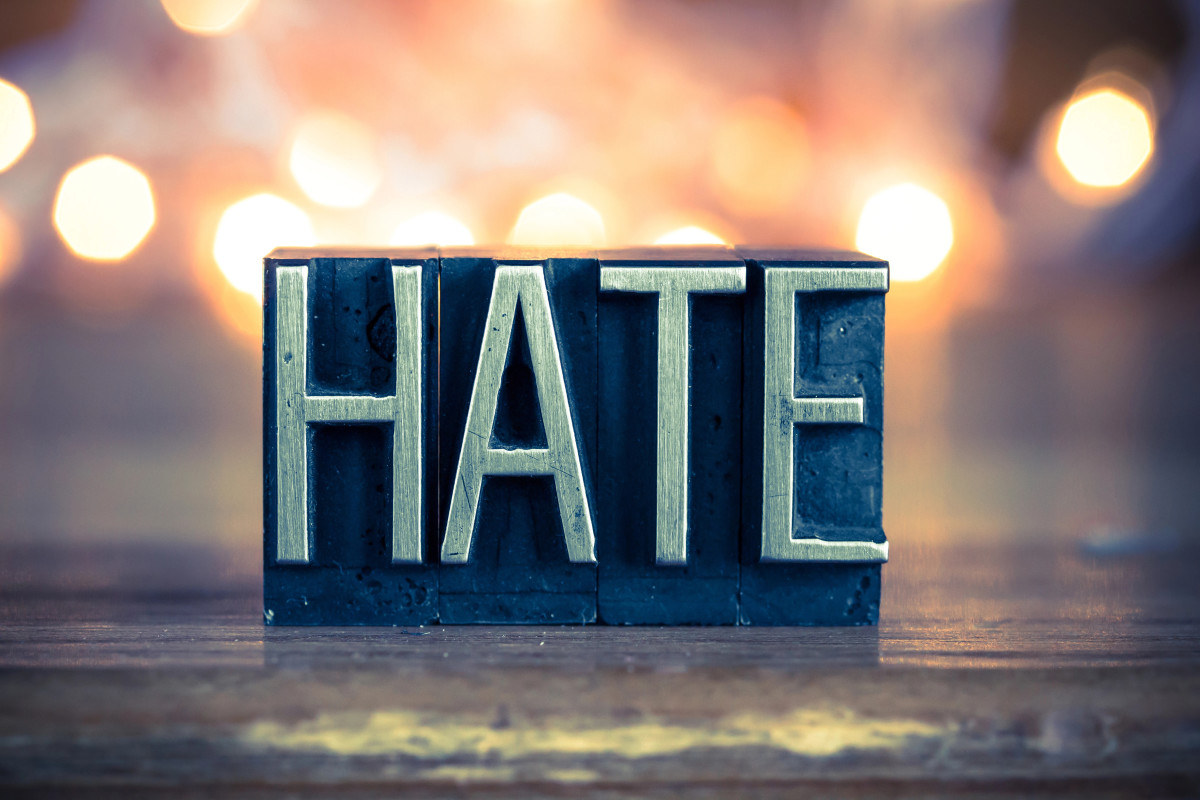Why do we resist being wrong?
Is Mosaic Law still valid?
How do we really know what a sin is any more, if Jesus really did away with "the Law"? Jesus fulfills the law, and the prophets, but even Jesus said that he didn't come to change the law, in the book of Matthew, chapter 5, verse 17: "Think not that I am come to destroy the law, or the prophets: I am not come to destroy, but to fulfil."
But what do we really get from Paul's letters? What is the basis for his argument against "the Law"? Do we really even understand Paul's reasoning? If Jesus died, so that the Mosaic Law is no longer in effect, then what need does any person need to call upon Jesus as Savior, if there is no more sin? Eating shellfish really isn't an abomination to God, I mean come on, right? Having a pound of bacon in the morning isn't really a sin, is it? Isn't it all just food, anyway?
Well, yes and no. Yes, it is just a food. But no, we're not supposed to eat it. God said it was bad for our health, as these creatures are strictly forbidden in the Old Testament dietary "Laws". He wasn't trying to be a tyrant, He was protecting us from harming our bodies with filter feeders and scavengers. Eating oysters raw is very popular, but very dangerous since it is done while eating them raw. Many people die from eating this uncooked meat, and still, we try to justify it to ourselves on why it's okay to do. Have you ever really considered, that it was never really "okay" to do? It doesn't matter that people get sick from eating any other kind of food, that doesn't make eating what God said not to eat, suddenly okay. Jesus died for a pepperoni pizza? A ham and cheese sandwich? Jesus didn't die so you could gorge yourself on fine swine and lobster tails.
So from this "perspective" that Jesus' fulfilling the law somehow nullifies it, I think would be in error. This would mean that if the Old Testament Laws were done away with, then there is no sin, and no way to determine if someone has committed a sin!
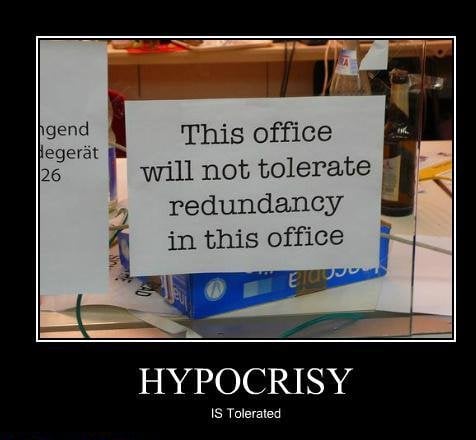
Hypocrisy.
Who are you? The judge of me? Oh yeah, me too. I've thought about that, concerning a great many people in my life. Turns out, some of them were only trying to warn me. But the general impression I got by looking at how they lived their own lies, cried out in hypocrisy. What do I need this "Jesus" guy for, if Christians sin all the time?
It really turned me off from religion. But I held on to the promises in the bible, because I love the sound of "going home!"
Paul was writing from a Jew's perspective, who was extremely well-versed in "The Law". He had the whole thing memorized, basically. This is why a great many Jews reject all of humanity's Savior, because people were lying about what Paul said! So why did Paul basically talk about breaking the laws, to a bunch of other Jews? Of course it would be easy for a Mosaic Law-abiding Jew to basically say: Look fellas, another one of those "Christ-men" again! Come to say the Law is no longer valid!
Well, to know what the heck the two were arguing about in the first place, is to look beyond the flesh. The root of the problem: To deny one of the Laws as being sin, is to deny that Jesus said none of the law is changed or abolished. So why argue about what sin actually was or even is today? If you say the Law is no more, who is drawing the lines as to which laws are still in effect, and which are not? Have we become the Pharisees, and are not any better than biblical lawyers?
Look beyond the flesh. You have a soul, and that is the real you, not that flesh and blood body. We sin because we don't want to think that we're sinners. We became comfortable enough in our salvation with Christ, (or maybe because we pretend God doesn't exist), to condemn others for things that may not have been their fault. Nothing is what it appears to be. Paul was illustrating their sins, by showing them their hypocrisy, just as many young-adults see in today's churches. It waters down the Word of God, and people become disinterested with the message of why we need salvation in the first place: Law is a burden while in the flesh... But sin is the burden of the soul. So if a sin is a transgression of the Law, we literally die without Jesus to forgive us. Physically we are buried in the ground or ashes scattered to the wind, but the "lake of fire" is the second death, mentioned through out the book of Revelation. It is the death of the soul, and is final. Through Jesus' anointing blood, our spiritual sins that would otherwise condemn us to a spiritual death for fleshy sins, are forgiven!
Paul said that sin comes from within, and not necessarily because of what only appears to be a sin in the flesh. Paul was saying that sins from within, is what becomes most natural for us to justify our own behavior with. Paul never said the law was dead, no, for the law is reborn in Jesus on the day of His resurrection. The Word of God is, for all intents and purposes, "The Law". Jesus was the Word made flesh, and was completion of the OT Law: An epic end for all sacrifices and blood rituals, through the death of a truly sinless man. No longer do we seek forgiveness of sins by a sacrifice, that farmers would profit for high-yields in the temples and courts of the kings in Israel who taxed it. Jesus said he would end sacrifices, and 40 years after His death it did cease in 70 AD when the temple at Jerusalem was destroyed. The Islamic "Dome of the Rock" now sits where that once stood, which will be another topic later on.
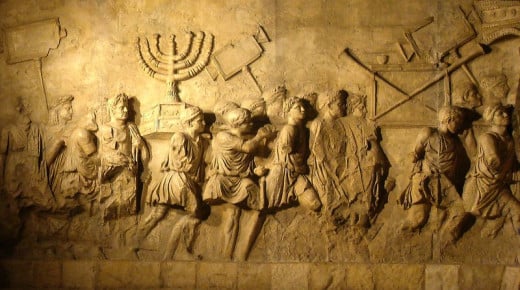
Are we rejecting God?
"And the Lord said unto Samuel, Hearken unto the voice of the people in all that they say unto thee: for they have not rejected thee, but they have rejected me, that I should not reign over them." - 1st Samuel, chapter 8, verse 7. (King James Version used exclusively, www.biblegateway.com, and I'll explain why "KJV only" at a later date).
Are we really saying that because we have this "Jesus" we supposedly worship, close in our lips but far removed from our hearts, that we don't need "the whole Law" anymore? To know what a sin is, and what it isn't, is now defined by our own understanding of things? How could we say if anyone is a sinner or not, if we can't even define what our own sins are?
Well guess what, the bible does define sin: It is a transgression of the Law (1st John, chapter 3, verse 4)! We also see this sentiment expressed by no other than Paul himself, a supposed denier of "The Law", wrote this in Romans chapter 6:
1 What shall we say then? Shall we continue in sin, that grace may abound?
2 God forbid. How shall we, that are dead to sin, live any longer therein?
He's basically rebutting the Jews of his time with this letter to the Romans. "They're telling you I'm doing away with the Law, but it isn't true. Stop sinning!"
3 Know ye not, that so many of us as were baptized into Jesus Christ were baptized into his death?
4 Therefore we are buried with him by baptism into death: that like as Christ was raised up from the dead by the glory of the Father, even so we also should walk in newness of life.
What the heck is Paul talking about? What does this have to do with sinning? Absolutely nothing, which is exactly my point. But people quote the following verses out of context all the time. The point Paul was trying to make, is that while we are in the flesh body, we are separated from God, because we can only sin while in the flesh. It isn't until we die and are in Heaven, in a spiritual body instead of a physical one, that we are no longer bound by sins of the flesh. That is what being "born again" means -- To die in the flesh, and resurrected in the spirit. You can read it all yourself from verse 4 on down to 14, with many on-line bibles, in Romans chapter 6. For brevity, we'll skip to verse 14:
14 For sin shall not have dominion over you: for ye are not under the law, but under grace.
They give you that verse, not knowing the context, and conveniently ignore the very next verse!
15 What then? shall we sin, because we are not under the law, but under grace? God forbid.
The only thing Paul was trying to tell us, was that God judges us by our hearts, by our intent. But many a "Protestant" goes along with Catholic holidays, not knowing their pagan origins, even going so far as that it "doesn't matter" when we celebrate the birth-day anniversary of the LORD. I've argued this plenty of times as best I can, on many forums and chat rooms, without sounding like I am trying to attack anyone personally... But this is often times the curse of text-only. Sadly, I can not adequately convey in mere text the meaning of what I want to convey, and the urgency of the message is regarded as hostility.
Why do we celebrate Jesus' birthday in the wrong month? If Protestantism really teaches "Sola Scriptura", why don't we practice it, too? Last time I checked, Christ celebrated the Passover, which is a biblical holiday, and not "Christmas".

The spiritual meaning is so much more important!
Passover is so much more than simply a Jewish holiday ("Holy Day"), it is part of God's cosmic plan to save all of humankind. It is a much better story than just plain Babylonian paganism, in the story of "Christmas". Because keeping the holidays that God prescribed for us, is part of that Mosaic Law.
In my next writing, I will post my reasons for not celebrating "Christmas" and "Easter". But for now, the topic is still, "Why do we resist being wrong?"
Quite a question. Why do we resist being wrong? What in us, compels us to deny that we're sinners while still in the flesh body? It is not a question to stun your senses and make it sound like I am trying to be "holier than thou" -- No! I'm just telling you that Paul was saying that we're not "born again" until we are physically dead. Don't be complacent that because you have Jesus, you can't die at any moment.
We resist being wrong, because we don't think ourselves sinners, and in doing so change "The Law" to suit our own selfish needs.
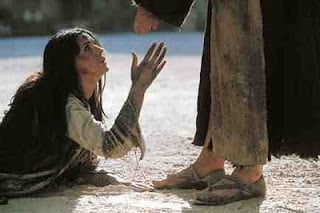
Forgiveness is the answer to "The Law".
This is what Paul was saying: Don't get complacent in your Salvation with Jesus, who rebuked the Jews for being hypocritical of The Law, that we Christians do without laws. We became our own judges, and rewrote the law according to whichever interpretation we like. Whatever our tickling ears want to hear, they will cater to us. The Jews of Jesus' time did it with traditions and rabbis, and Christians are doing it with pagan traditions and holidays, plus taking scripture out of context to support it. This is why the churches are so divided! They all want the power and glory. Only "their church" is right. Does this make me right? No, this makes God right, and us wrong.
That is not to say that going to church is evil, which I will also address in later writings, but there is a lot of hypocrisy in the churches of this world. They're run by corruptible humans, just like you and I. Don't trust them, trust God. You have a direct relationship with God, through Jesus the Messiah, and all you have to do is knock at the door. He'll open it for you, because He loves you. Don't be so proud to think you don't need Him. If you're reading about Jesus for the first time, I hope and pray that you accept Him into your heart.
If you already have Jesus in your heart, then repent; because unless you were born of a virgin, I don't think you're fooling anyone but yourself. You can't possibly keep the whole of the Law, but that's the point: You're not perfect. He isn't asking you do much, except drop your traditions and what you learn in church, and just trust what He said. You're already forgiven, basically. Just admit you don't know, and ask Him for knowledge, because He will answer a prayer which results in you getting to know Him in a more personal way. Church and religion is supposed to be more than just a simple list of "Do's" and "Don'ts", and yet we squander it trying to find faults with each other!
Jesus did forgive us of our sins, but He also told us to "Go, and sin no more." (John chapter 8, verse 11). He is our "Passover"!
I pray in Jesus' precious name, may God bless you -- Amen ("Let it be so!").


